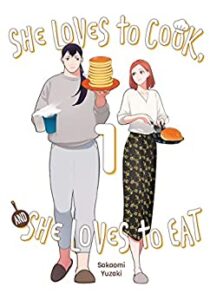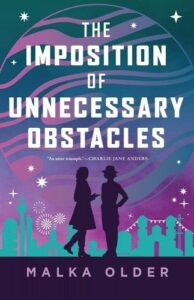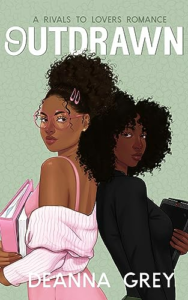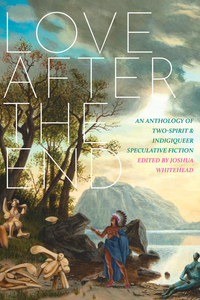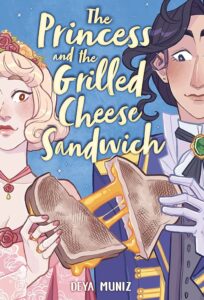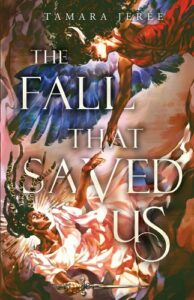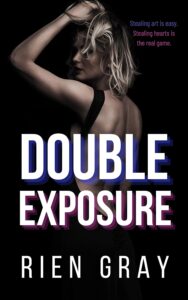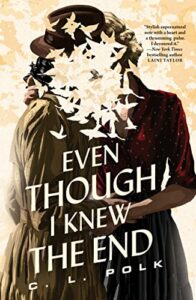Buy this from Bookshop.org to support local bookstores and the Lesbrary!
When I was younger, I wasn’t aware of many f/f manga about adults, so I’m glad to be able to enjoy series like She Loves to Cook, and She Loves to Eat by Sakaomi Yuzaki. After reading the first three volumes of this ongoing series, I’m gobsmacked by how exponentially my investment in it grew over the course of just three volumes.
Usually, if I find it difficult to express why I like a work without spoilers, it’s because the initial premise is in some way flipped on its head. She Loves to Cook, and She Loves to Eat is exactly what it says it is: a story about two women who bond over food, with one providing for the other. It remains a slice-of-life series focused on their relationship as they cook and eat various meals together. That premise builds on itself beautifully as their routines develop new layers of significance.
The first volume introduces Nomoto, a woman with a passion for cooking that outmatches her appetite, who dislikes the societal pressure to use that interest to provide for a man. When she meets the woman who lives two apartments down, Kasuga, and happens to learn that she has a large appetite, Nomoto offers to cook for her. The two enjoy this so much that they continue meeting up to cook and eat.
I was already charmed by this premise, especially with how Nomoto outright swoons over Kasuga voraciously eating her food; it usually isn’t depicted as desirable for women to have big appetites. However, at that end of volume one, I still felt that the series had a chance to become somewhat forgettable or repetitive. I’m rarely this glad to be wrong. By the end of volume three, this series had thoroughly gripped my heart.
As said, it’s difficult to get into why. What I’ll say is that the characters begin to open up about their lives outside of their time together, which adds new context to their interactions. By the time the reader learns why the main characters’ dynamic is particularly meaningful, that dynamic is well established, letting the reader sit with the implications of that meaning as it continues to deepen. Over time, new characters are also introduced as effective narrative foils to the protagonists, and a delightful ensemble dynamic develops.
What really struck me about this work is how affirming it is. It affirms that women should be allowed to have whatever relationship to food suits them, and explore that in their own way, without judgment. Ultimately, it’s a story about how special it can be to share space and time with others, and the importance of being able to choose who you share that with—specifically, people who accept you for who you are and accommodate whatever needs come with that.
The food itself is, of course, rendered in many drool-worthy panels. I also appreciated the depiction of asexuality within the lesbian community, and how sexuality is portrayed as something with no one-size-fits-all mold. I’ll definitely be gobbling up the rest of this heartfelt series as soon as more volumes are localized.
Content notes: This manga includes content warnings before the relevant chapters. As a general overview, I’ll warn for one chapter depicting homophobic language, as well as depictions of familial abuse, food-related trauma, and misogyny. These topics are brought up thoughtfully rather than gratuitously.

